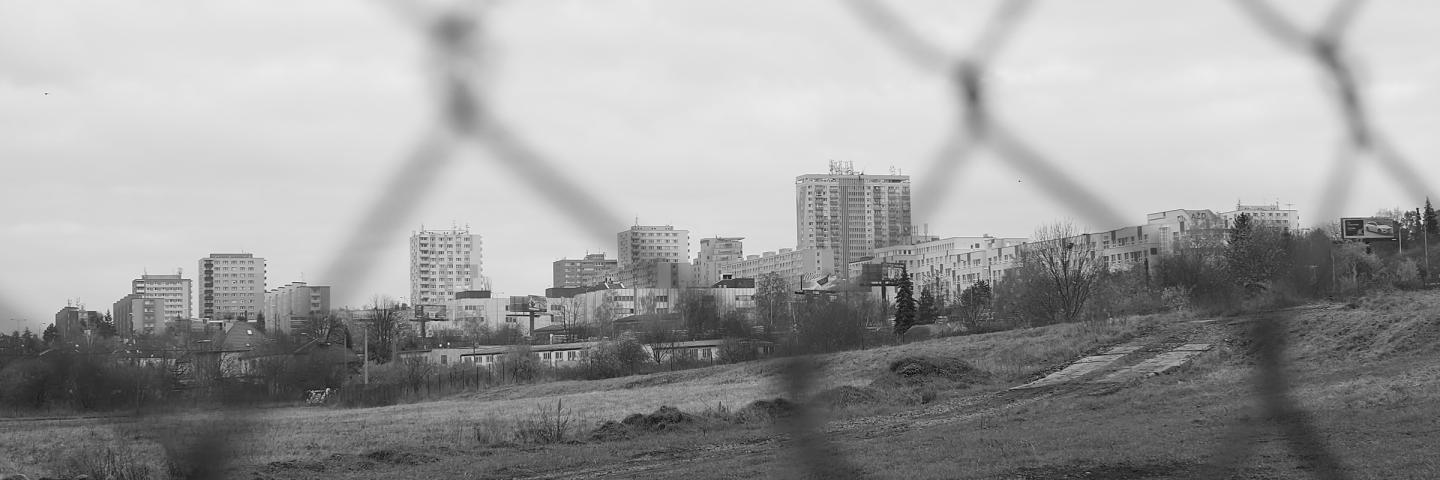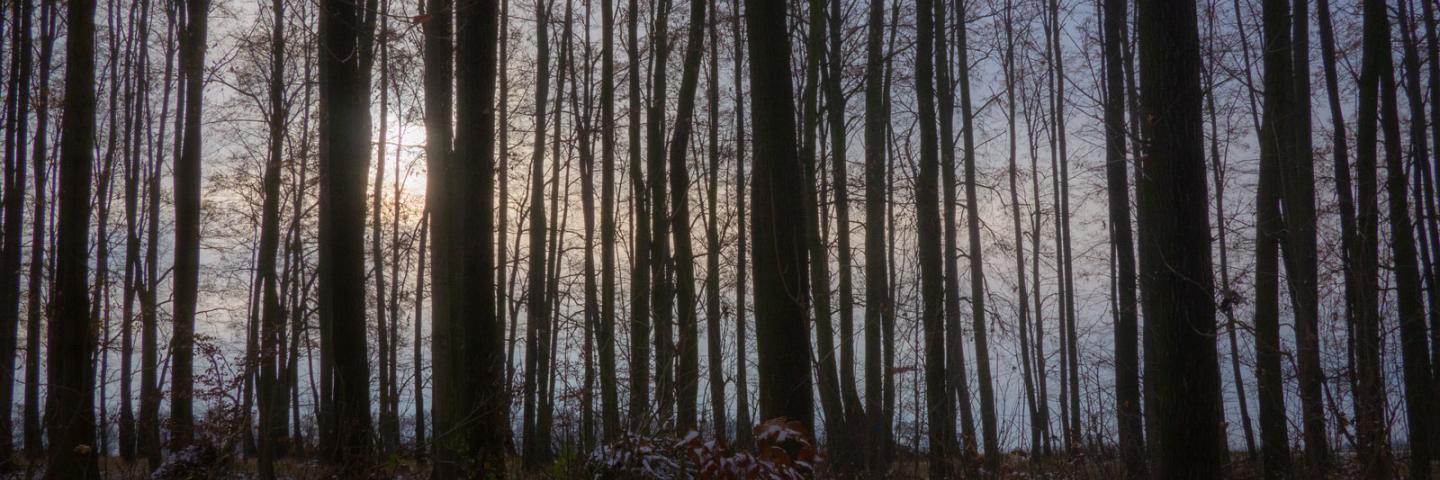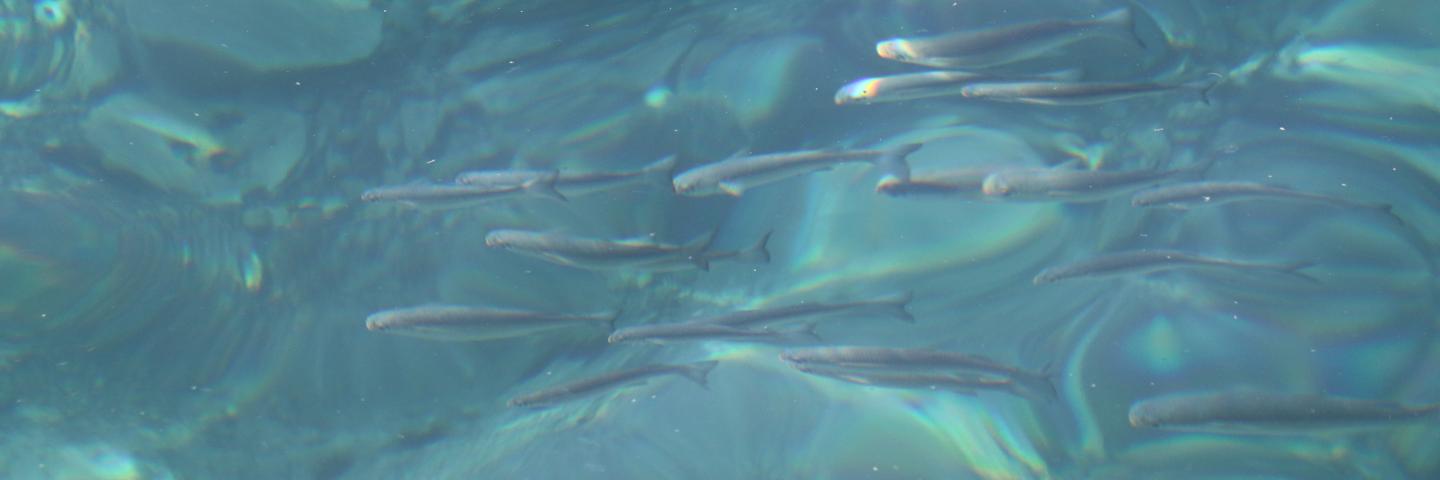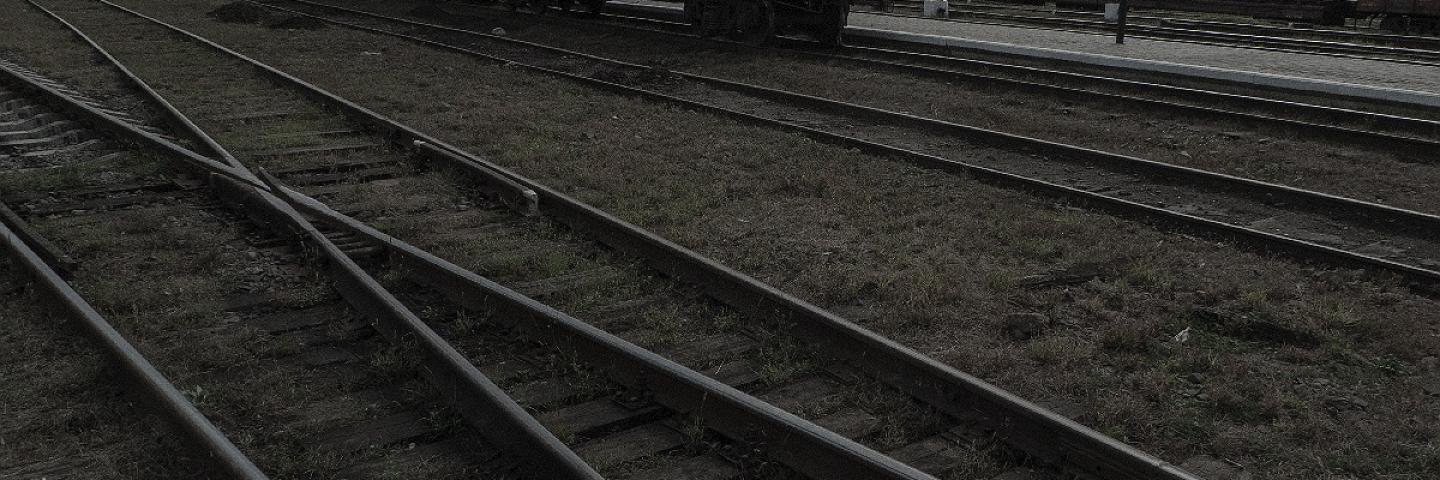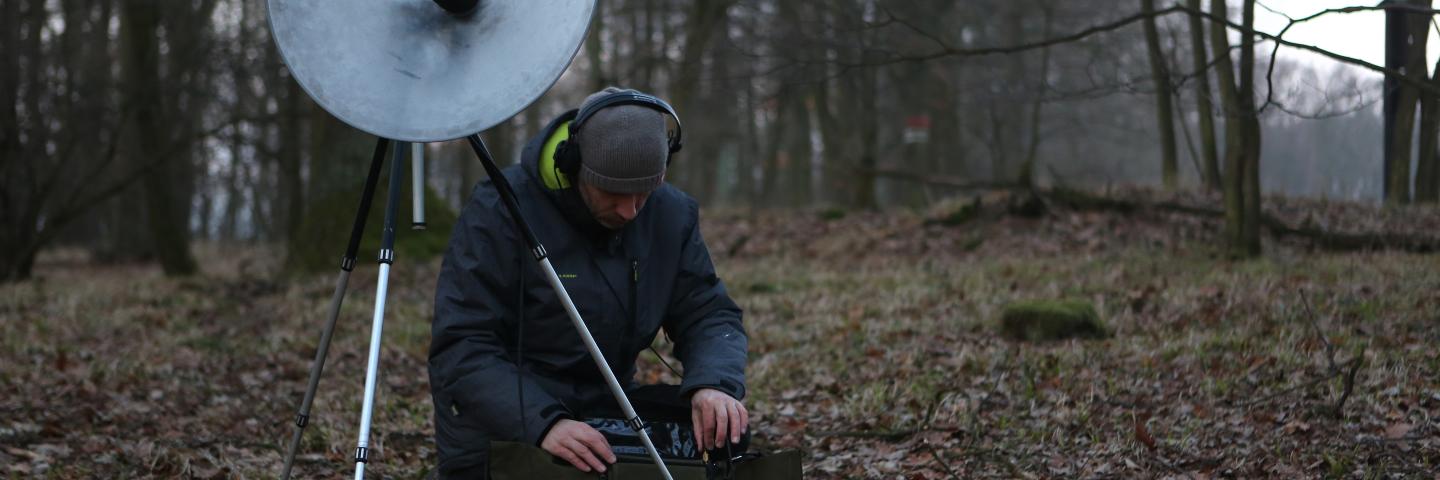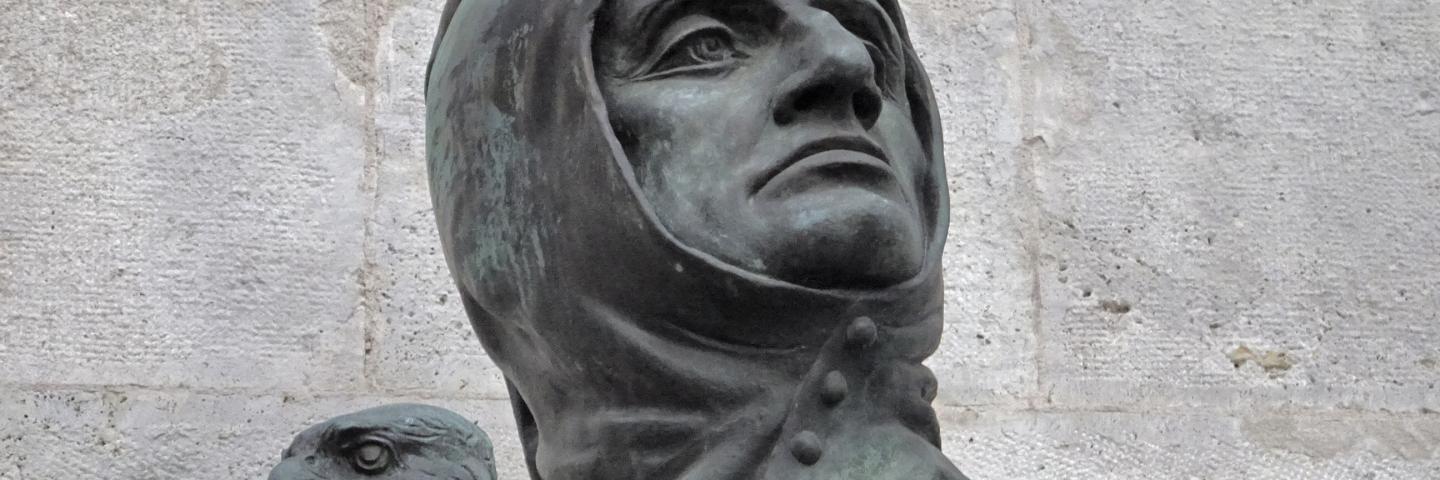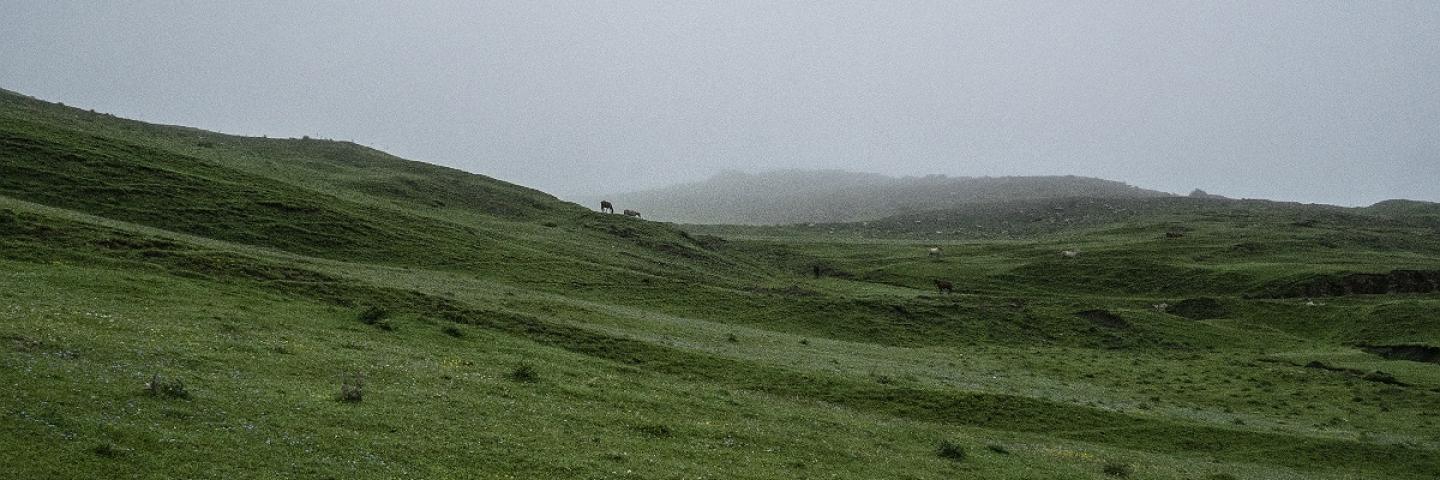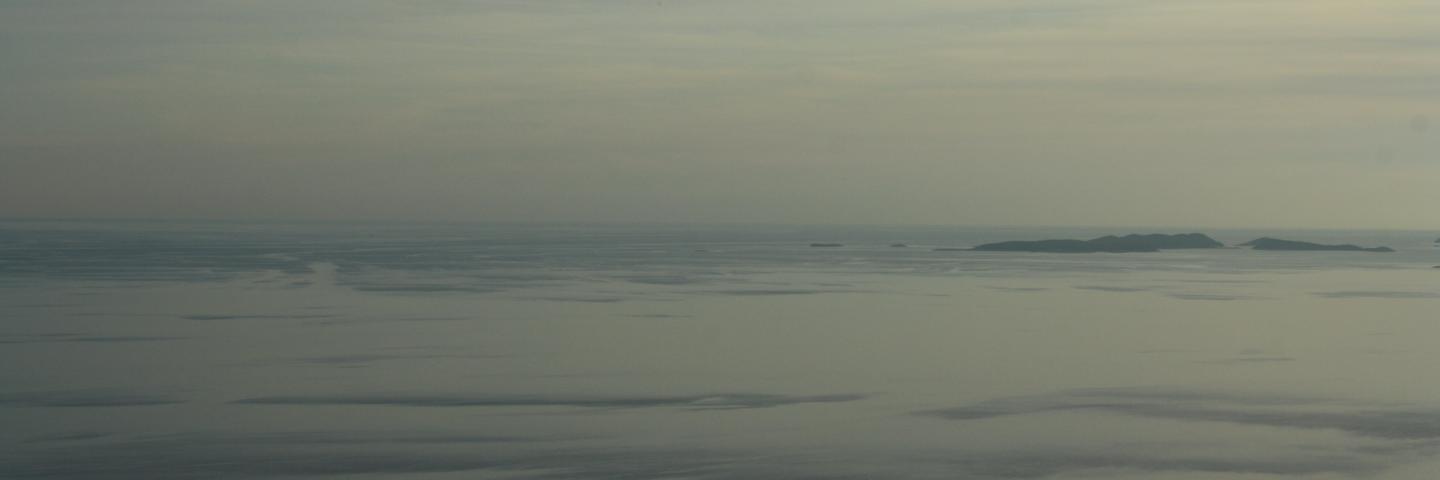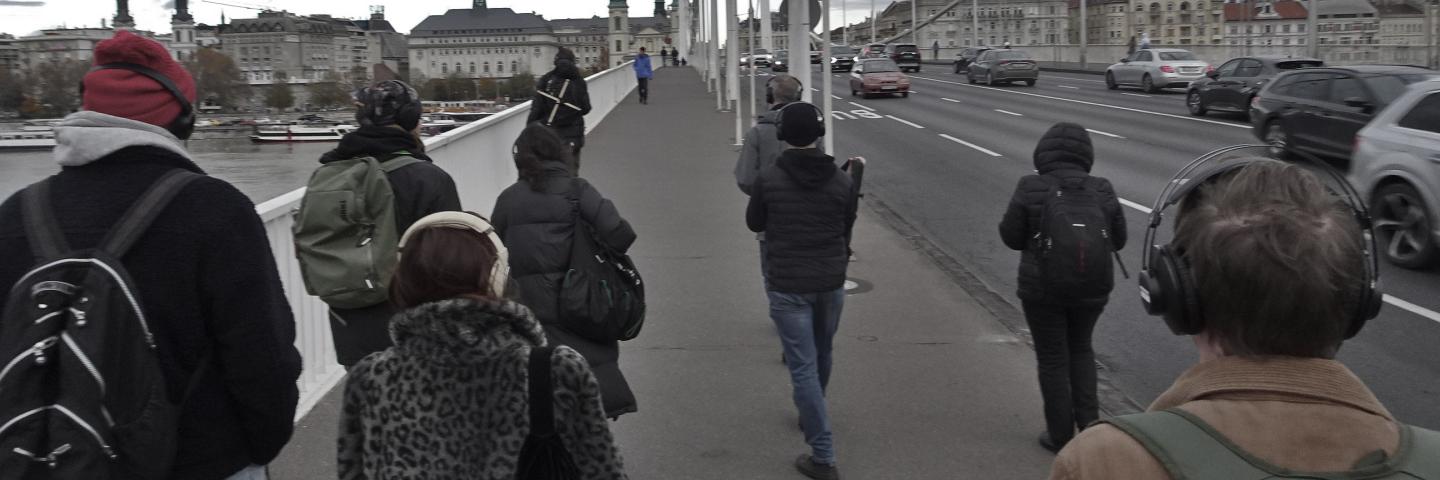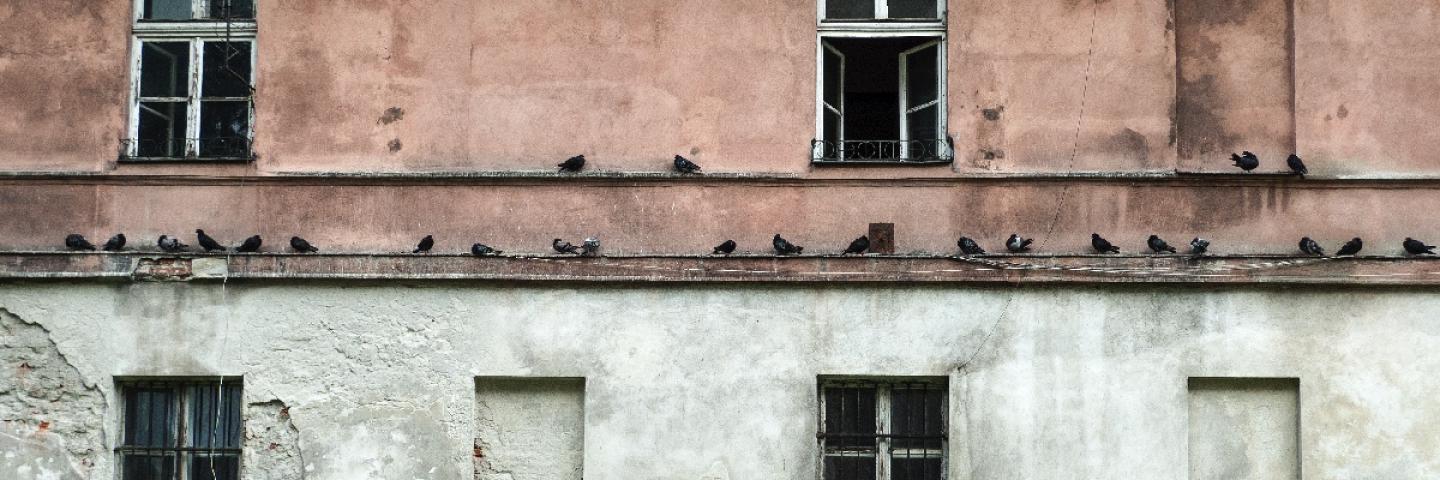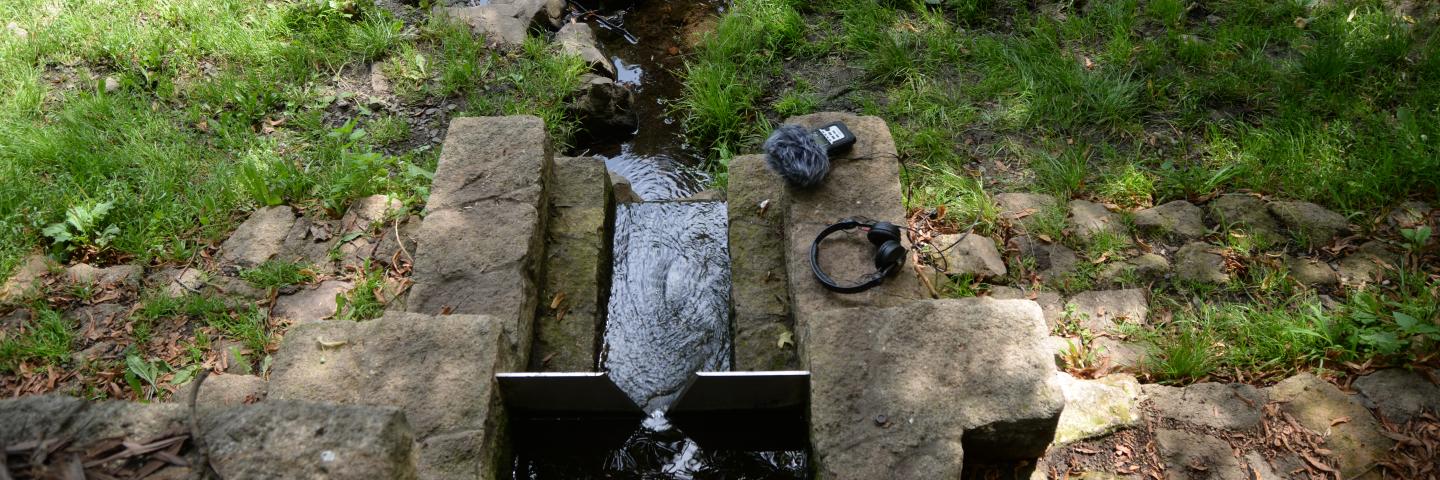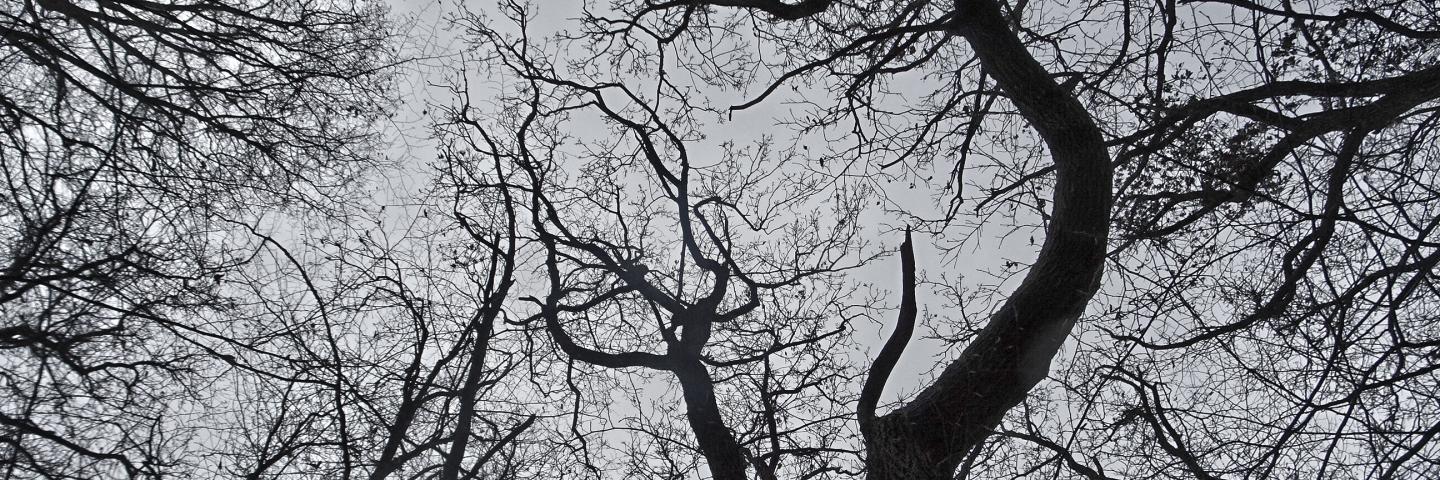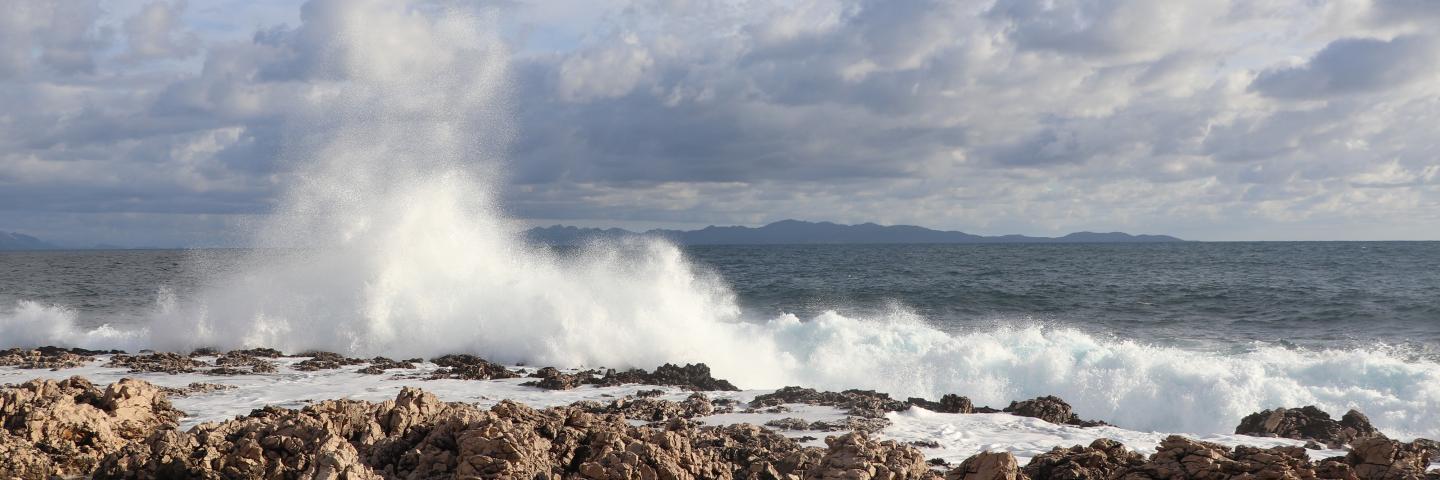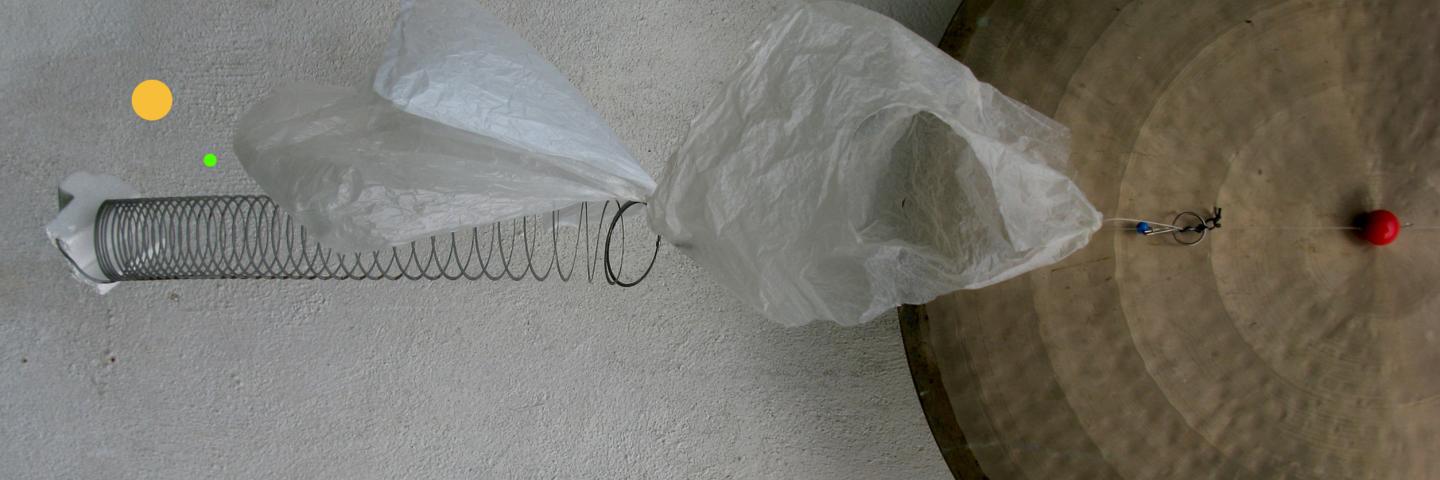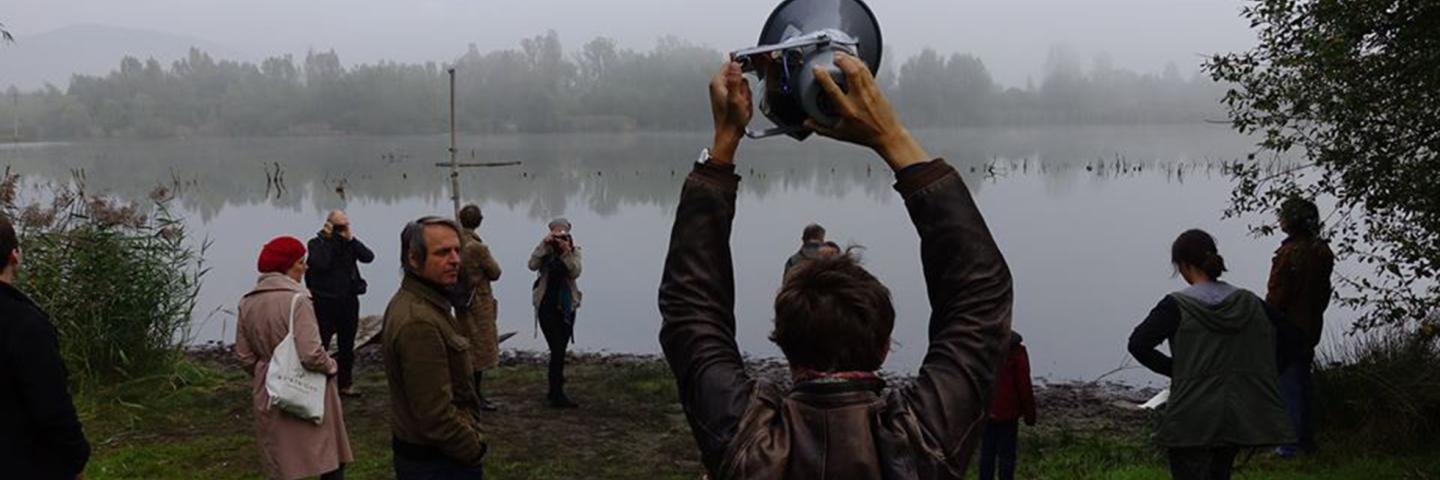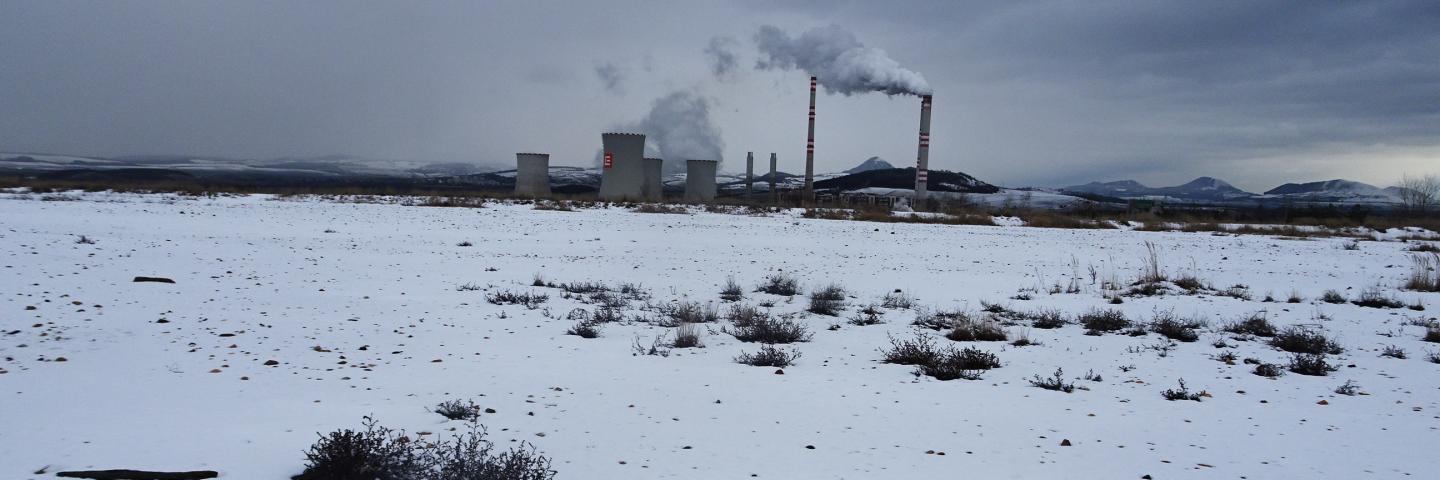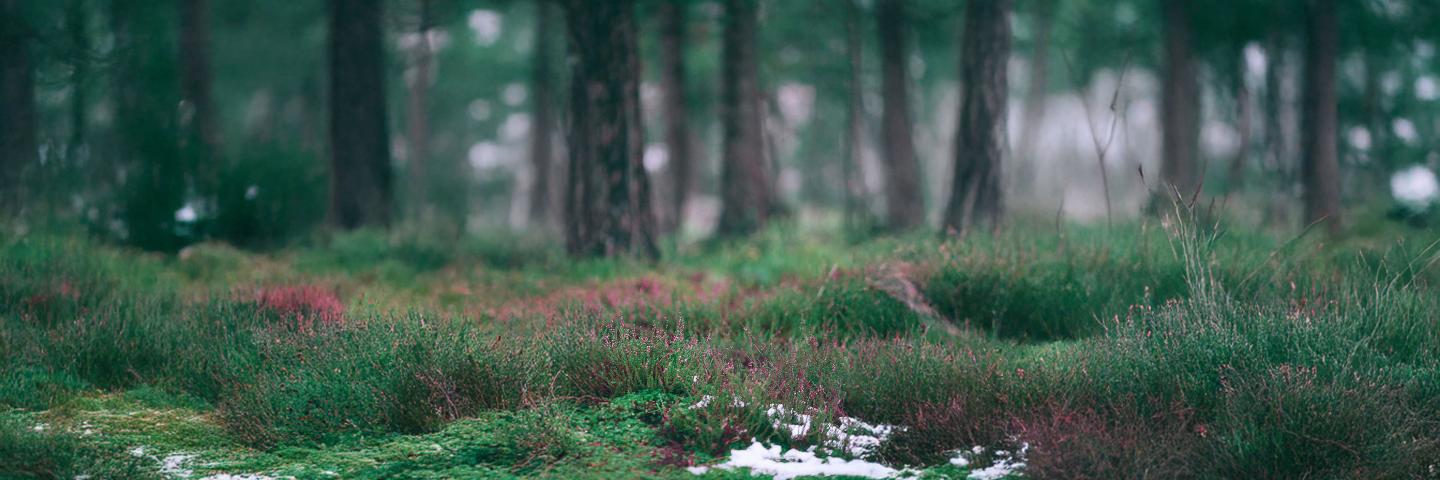Paul Adderley
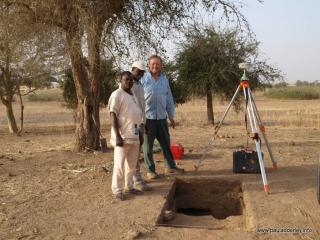
Paul Adderley is academic at the University of Stirling and this follows a prestigious RCUK Academic Fellowship; lectures on topics surrounding soil-science, landscape management and environmental risk. He works as a geoarchaeologist with interests in both environmental history and pre-history. His academic reserach has had an emphasis on socially and geographically marginal people and environments and this has extended to include vernacular buildings. With formal training in both chemistry and soil science he has a special interest in understanding the management of environments through periods of change, whether through the arrival of humans into an otherwise pristine environment or the manner in which people who are farming respond to external changes in their enviornment. This consideration of the sustainability of societies in marginal, or extreme, environments takes me to a wide variety of field locations. he worsk extensively in two regions, cold-climate locations such as Canada, Iceland, Norway, Faeroe Islands and Greenland, and in the somewhat warmer African Sahel and Horn of Africa with recent research at locations in Ethiopia, Senegal, Ghana, Benin, Niger and Nigeria.
His recent academic work has two major themes: the first theme has centred on the long-term societal-climatic interaction associated with the rise and fall of empires such as Aksum and the D'MT in the Horn of Africa and the so called "collapse" of the vikings in Greenland. Such studies typically combine long-term historical data of climate such as soils, ice-core and lake-core proxy records with more recent landscape evaluations both anthrocentric and process-based. The second theme is the history and heritage value, management and fate of earth-built buildings in today's changing environment. Once commonplace in Europe but now very rare, these vernacular architectures represent the homes of the people who created the landscapes that we see today.
His interests extend to the interface of the arts and science and I was a NESTA awardee in 2004. His work on this topic has included investigating new ways of expressing the outputs from scientific studies in a collaboration with Michael Young at Goldsmiths.
